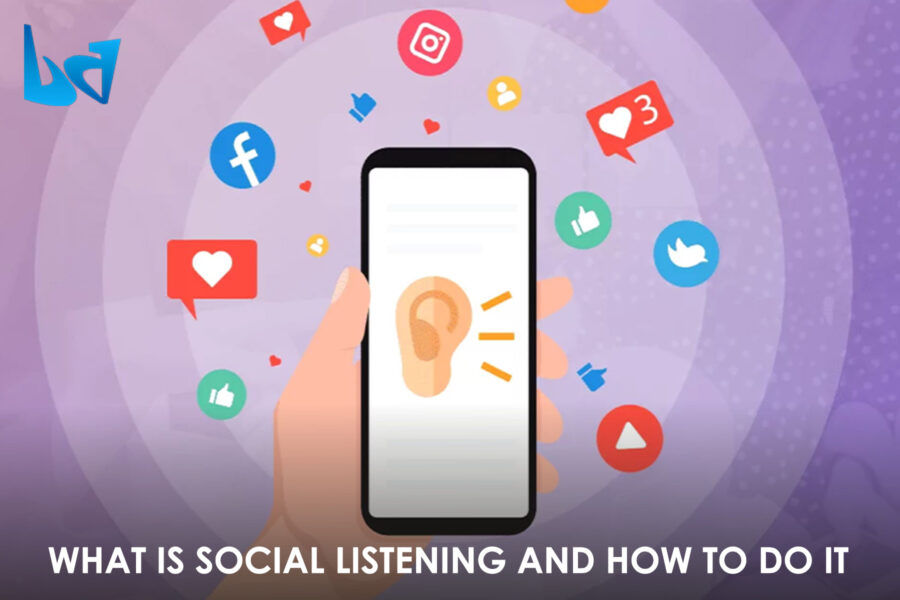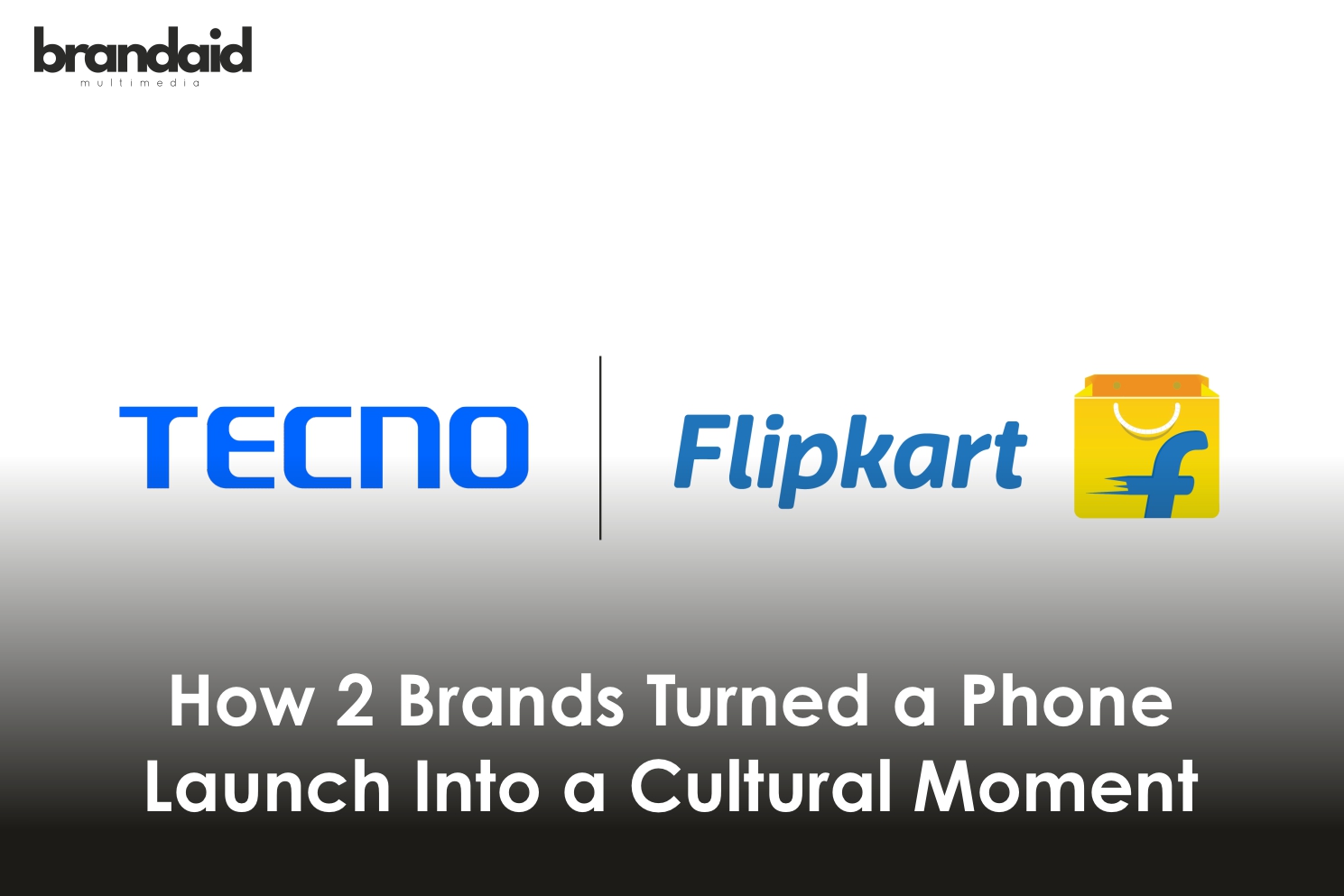As a single post, a small comment, or a viral reel can spark long, interesting conversations, it’s crucial for brands to keep track of them to know what their consumers think. Social media is full of conversations about brands, products, and trends. It is extremely helpful for a brand to listen to these social media conversations closely. Social listening is the act of monitoring and taking note of these conversations to collect insights about customer sentiments, market trends, and competitor activities.
It involves keeping a track of mentions, comments, and discussions on social media, forums, blogs, and news outlets. But it just does not end at collecting data — it’s also about analysing these data points and making informed decisions on the basis of this data.
How to Do Social Listening?
Choose the Right Tools: In a world drive by social media, it’s nearly impossible to keep track of every conversation. So, to effectively notice mentions, brands can use a variety of social listening tools. Some examples are Hootsuite, Sprout Social, and Brandwatch. With these tools, brands can collect data from multiple platforms, and gain a unified view of what’s being said about your brand or industry.
Define Keywords and Topics: You must start by identifying the key terms relevant to your brand. This can be your brand name, product name, industry buzzwords, or even competitors’ names. This can help you filter out conversations that are truly relevant to you.
Monitor Platforms: Never think your brand holds relevancy only on a single platform. You must track conversations across popular social media channels. This could be Instagram, Twitter, LinkedIn, blogs, forums like Reddit, and Quora, and review sites also. You should ensure the most coverage on platforms where your target audience is most active.
Analyse the Data: Brands, it’s time you look beyond numbers. You have to analyse the tone and sentiment of discussions and identify trends and patterns. For example, is the sentiment around your brand largely positive, or are there recurring complaints?
Respond and Engage: Social listening becomes a very effective tool when it’s rightly paired with active engagement. If customers are praising your brand, thank them, and it’s likely to improve your repute and loyalty as well. If they’re sharing negative feedback, address concerns promptly to garner confidence.
Refine Your Strategy: As you analyse conversations around your brand, start adjusting your content, customer service, and product offerings to better meet customer needs.
Benefits for Brands
Improved Customer Experience: When you start listening to what customers say about your brand, you identify pain points and areas of improvement. When you respond to such feedback with concern and take active steps, it shows that you care about customer opinions. All of it aids in enhancing brand loyalty.
Competitor Insights: Monitoring what’s being said about competitors helps you stay ahead. You can identify their weaknesses and learn from their successes.
Trend Spotting: Social listening can help you stay on top of emerging trends. Brands that adapt quickly to new consumer preferences easily gain a competitive edge.
Crisis Management: Negative conversations on social media can spiral out of control in no time. If you’re doing active social listening, you can identify potential PR issues early and take corrective action before they escalate.
In conclusion, social listening isn’t just about hearing what people are saying — it’s about understanding, adapting, and engaging with your audience in a meaningful way. When you do so as a brand, you enhance customer satisfaction, refine strategies, and stay relevant in the market.





